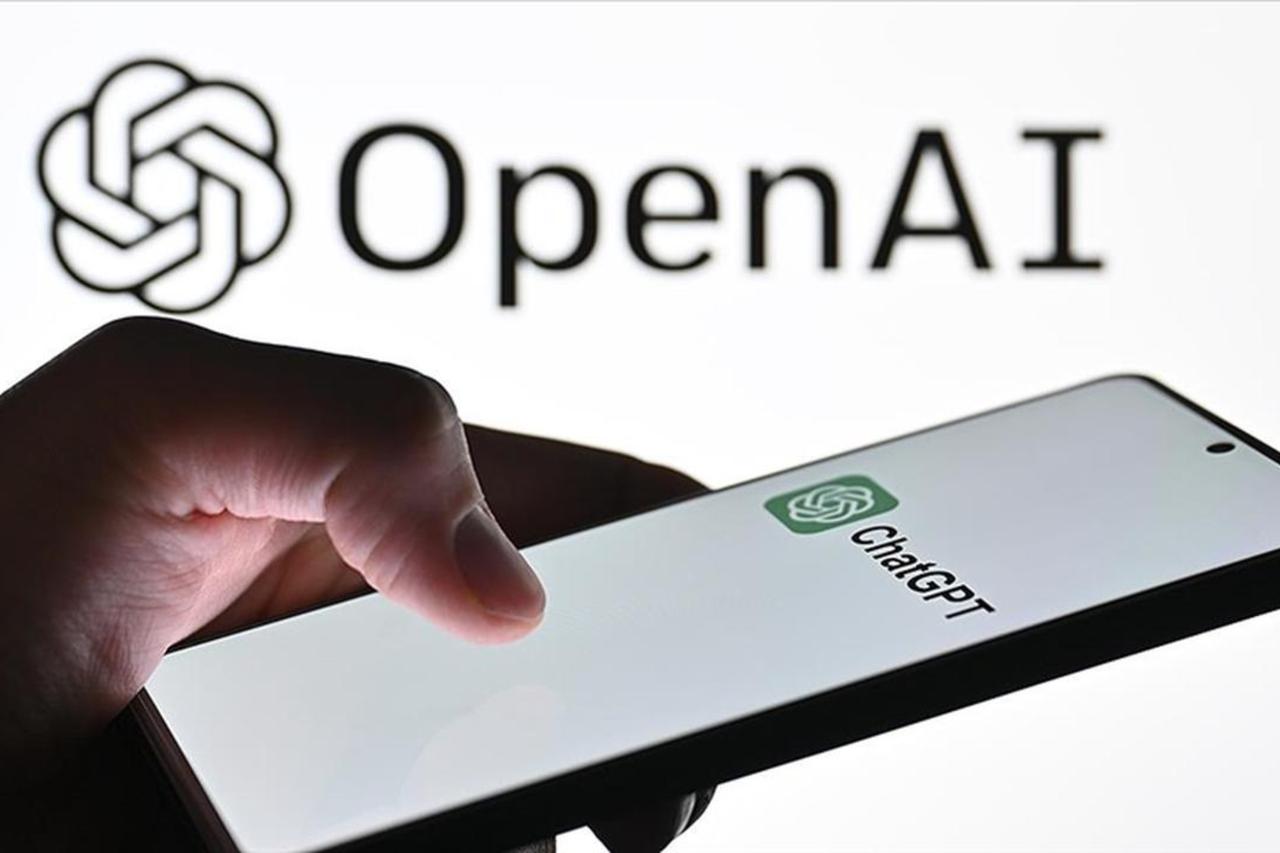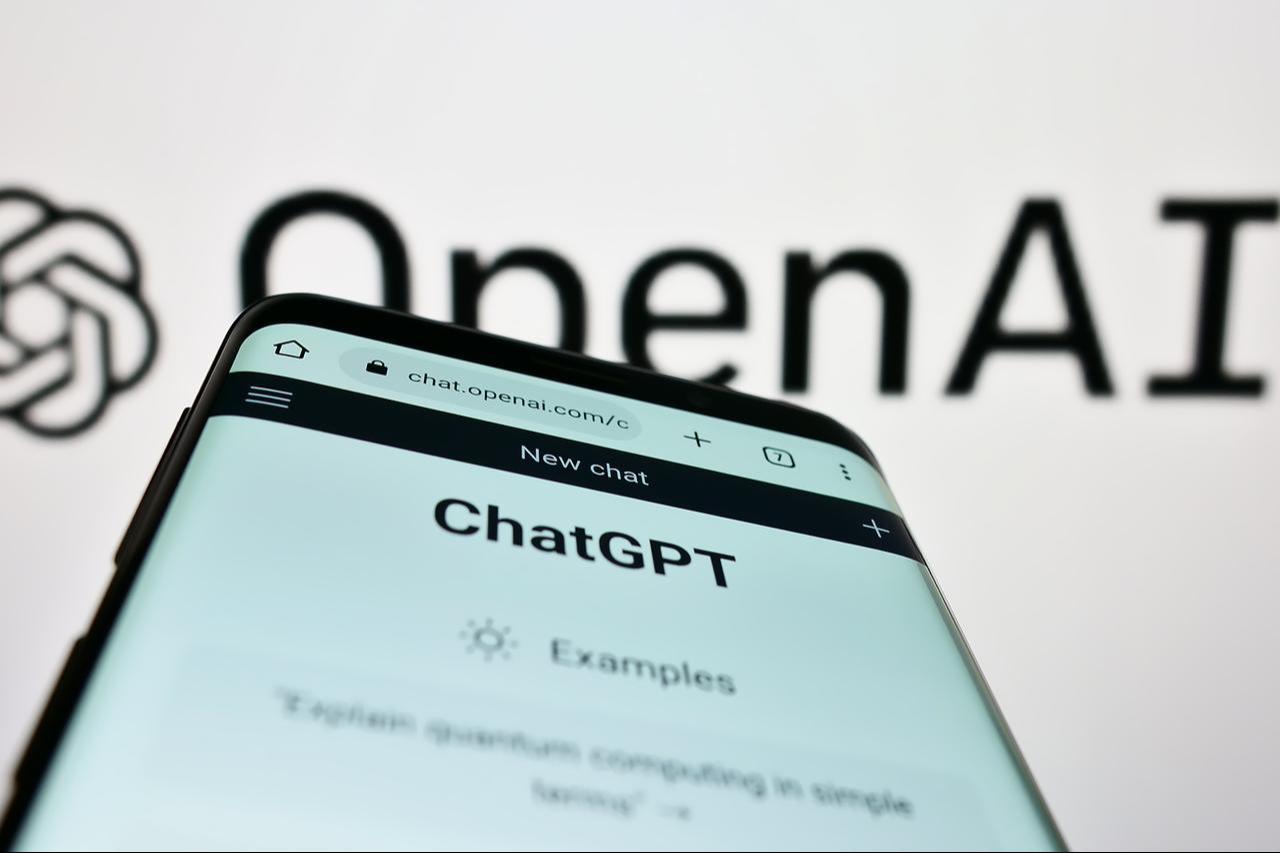
More than 18 billion messages and prompts are sent to OpenAI’s ChatGPT every week.
In just three years, the number of ChatGPT users has surpassed one-tenth of the world’s population. By comparison, the internet took more than a decade to reach this level of use, only becoming widespread in the early 2000s.
Financial Times spoke with some of the largest AI companies, which handle billions of interactions daily, and examined detailed usage reports to understand how people are integrating these tools into their lives.
From teachers to web developers, and from shopping lists to relationship advice, AI has emerged as the world’s digital assistant.
The largest portion of ChatGPT interactions falls under what is called “practical guidance.” About 10% of all messages relate to tutoring and teaching, followed by tasks such as editing, writing critique, or translation. Over the past 12 months, information search has grown faster than any other category. ChatGPT is now routinely used to look up recipes, products, people, and current events, posing a direct challenge to traditional search engines.

After the launch of new image-generation features in April 2025, usage in this area also surged.
At the same time, requests for technical assistance, including programming help, dropped by about half, which OpenAI attributes to more companies integrating ChatGPT directly into their systems.
Personal messages account for roughly 4% of total usage, while sharing thoughts and seeking relationship advice make up about 2%.
OpenAI’s chief economist Ronnie Chatterji said the findings show ChatGPT is primarily used to support decision-making processes.
The company found that non-work-related messages make up more than 70% of total usage. Chatterji noted, “AI is often discussed in terms of how it can be used in work. As an economist, I see that as important, but what is emerging is that people are using AI to support decision-making and better inform their actions.”
Meanwhile, Google reported in its second quarter results in July that AI summaries in search results are now used by more than 2 billion people per month across 200 countries and regions and 40 languages.
The company also said that 70% of users who receive AI writing suggestions in Google Docs or Gmail eventually accept them.